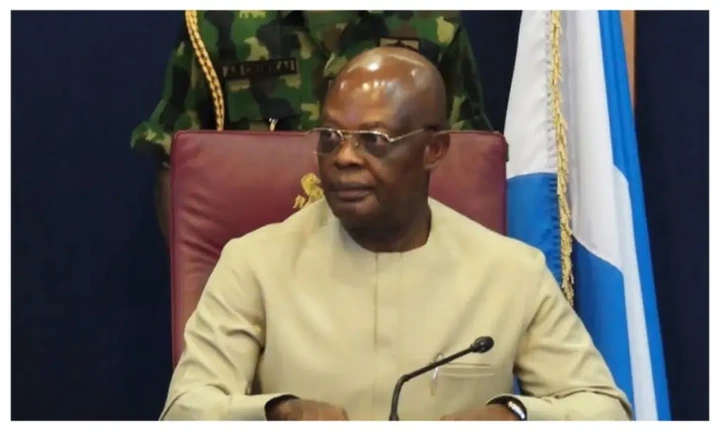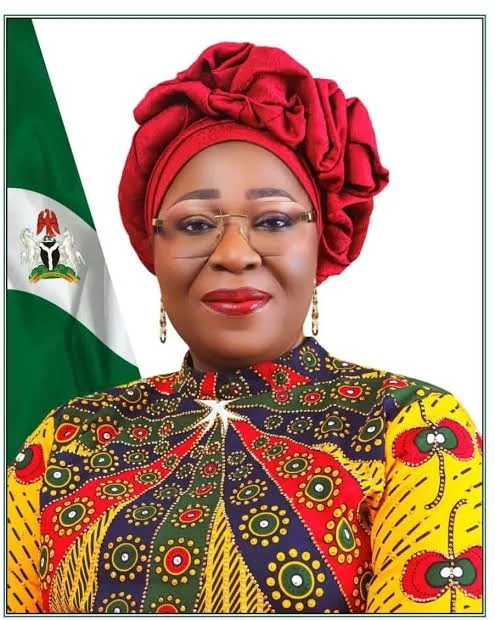According to reports from DAILY POST on Wednesday, April 16, the Ad-Hoc Committee overseeing developments in Rivers State has summoned the state’s Sole Administrator, Vice Admiral Ibok-Ete Ibas (rtd), to appear for an interactive session scheduled for Thursday. The meeting will take place by 4 p.m. in Room 414 of the House of Representatives’ New Building within the National Assembly Complex, Abuja.
This was made known through a statement issued on Wednesday by the Spokesperson of the House of Representatives, Akin Rotimi. The invitation comes just a day after the formal inauguration of the 21-member committee by the Speaker of the House, Rt. Hon. Abbas Tajudeen. The committee is chaired by the House Leader, Prof. Julius Ihonvbere.
The committee’s formation followed a resolution by the National Assembly endorsing President Bola Ahmed Tinubu’s declaration of a state of emergency in Rivers State. The move was aimed at addressing the protracted political unrest that has gripped the state in recent months.
Speaking on the significance of the session, Ihonvbere noted that the engagement with the Sole Administrator is essential to assess the actual situation in the state. “This meeting will help us gain clarity on the current governance and security status of Rivers State, and ensure that our oversight efforts are informed and effective, in line with our duty to serve the Nigerian people,” he said.
President Tinubu declared the state of emergency in Rivers State following an extended period of political instability that led to administrative paralysis and concerns over public safety. In the wake of the declaration, the president relieved Governor Siminalayi Fubara, his deputy, and the state House of Assembly members of their duties, citing the urgent need to restore order and prevent further deterioration of governance in the state.
To fill the leadership vacuum and steer the state through the emergency period, President Tinubu appointed retired naval officer Vice Admiral Ibok-Ete Ibas as the Sole Administrator. Ibas is expected to coordinate the state’s administrative and security apparatus during this transitional phase.





